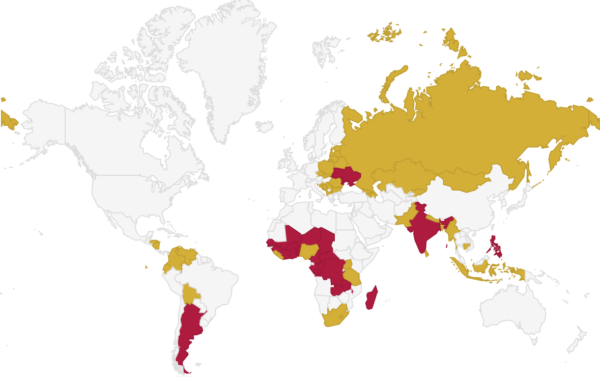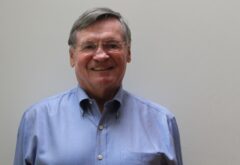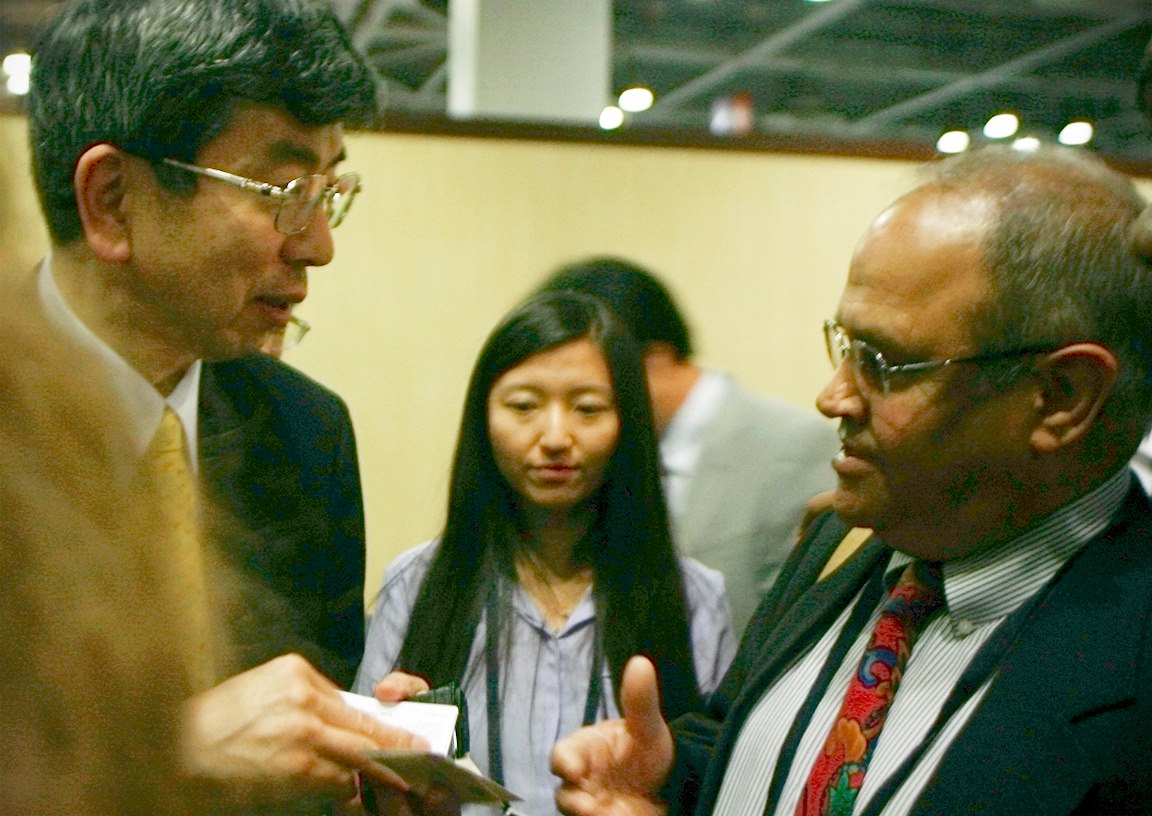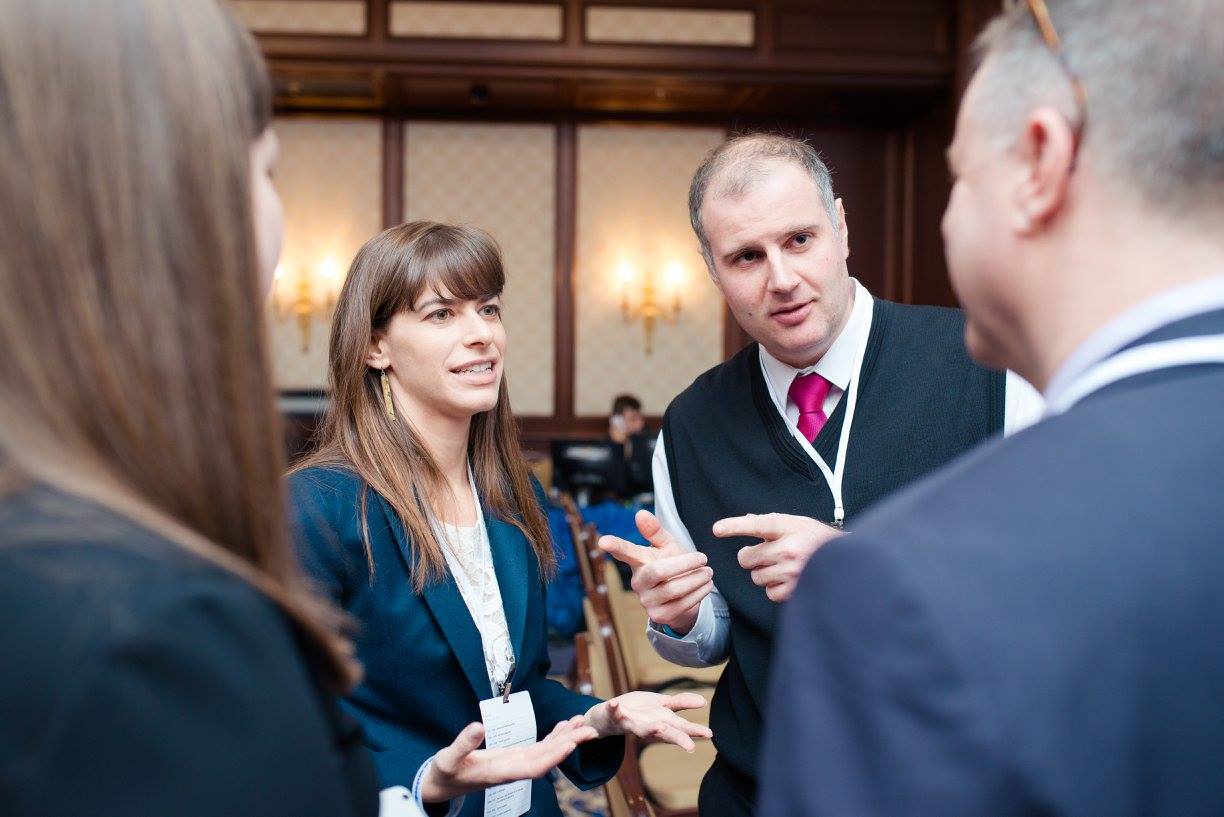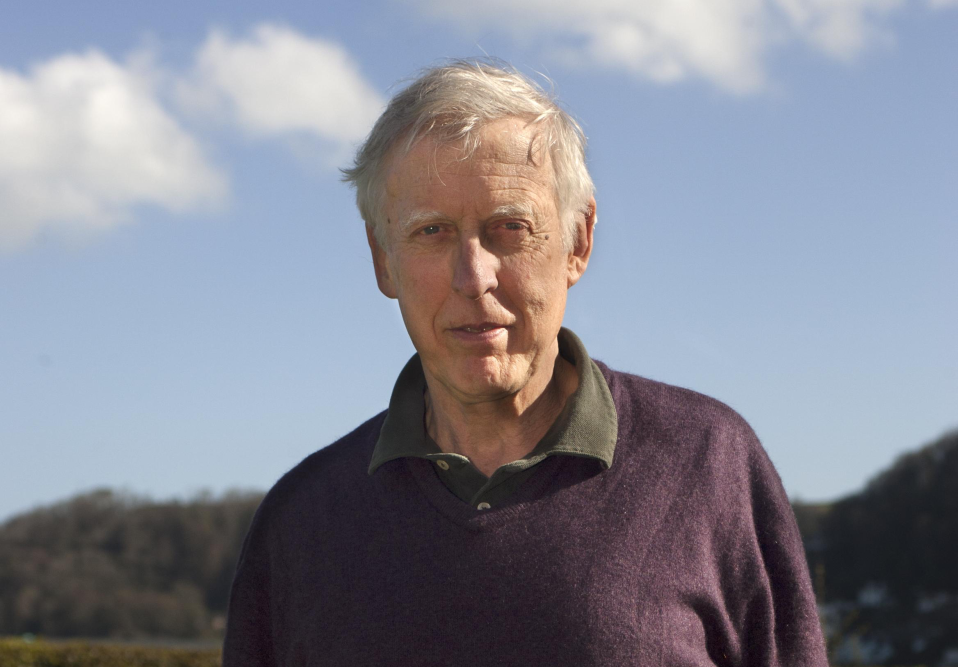Albania
Transparency International Albania (TI-Albania)
Center for Public Information Issues (CPII)
Argentina
Asociación Civil por la Igualdad y la Justicia (ACIJ)
Center for the Implementation of Public Policies Promoting Equity and Growth (CIPPEC)
Centro de Empleados de Comercio – Filial Formosa Argentina (CEC-FSA)
Desarrollo de Políticas Sustentables (FUNDEPS)
Foundation Center of Patagonian Studies (CEP)
Foundation for the Exercise of Citizenship (FEC)
Fundación Poder Ciudadano - FPC (TI-Argentina)
Instituto de Estudios Comparados en Ciencias Penales y Sociales - INECIP
University of San Andres (UDESA)
Armenia
Partnership & Teaching NGO
Azerbaijan
Center for Economic and Social Development (CESD)
Internews Azerbaijan Public Association (IAPA)
Bangladesh
Agrogoti Sangstha
Bangladesh Disaster Preparedness Centre (BDPC)
Democracy Watch
Population Services and Training Center (PSTC)
RDRS Bangladesh
Resource Integration Centre (RIC)
Bolivia
Bolivian Chamber of Construction Firms (CABOCO)
Capacitación y Derechos Ciudadanos (CDC)
Construir
Por Bolivia
Botswana
Commonwealth Africa Anti-Corruption Centre
Brazil
Transparencia Brasil (TI-Brazil)
Bulgaria
Transparency International Bulgaria (TI-Bulgaria)
Cambodia
Center for Social Development (CSD)
Cameroon
Action Group for Democracy and Good Governance (AGDGG)
ALDED
Assembly of Youths for a Sustainable Environment and Development (ASYOUSED)
Global Network for Good Governance (GNGG)
International Governance Institute- Focal Integrity Team for Cameroon (IGI-FITCAM)
Chile
Corporation of Citizens’ Liberties (CLC)
Genera
Participa
Colombia
Transparencia Colombia (TI-Colombia)
Costa Rica
Transparency International Costa Rica (TI-Costa Rica)
Croatia
Partnership for Social Development (PSD)
Czech Republic
Transparency International Czech Republic (TI-Czech Republic)
Democratic Republic of Congo
LICOCO
Ecuador
Grupo Faro
Latin American Corporation for Development (CLD)
Estonia
TI-Estonia
Ghana
ARE (Action for Rural Education)
Ghana Integrity Initiative (GII) (TI-Ghana)
People’s Action to Win Life All-around (PAWLA)
SAVE-Ghana
Honduras
Association for a Just Society (ASJ)
India
Adhar
Ayauskam
Center for Advocacy and Research (CFAR)
Consumer Unity & Trust Society (CUTS)
Jananeethi
NJMO
Prerana
Paraspara Trust
People's Rural Education Movement (PREM)
Public Affairs Centre (PAC)
Rural Litigation and Entitlement Kendra (RLEK)
Sambandh
Suraksha
Swami Vivekananda Youth Movement (SVYM)
Transparency International India (TI-India)
Visionaries of Creative Action for Liberation and Progress (VICALP)
Youth for Social Development (YSD)
Indonesia
PATTIRO
Transparency International Indonesia (TI-Indonesia)
Kazakhstan
PFDSC
Transparency International Kazakhstan (TI-Kazakhstan)
Kenya
Act, Change, Transform (ACT!)
CLARION
IGI-Kenya
National Christian Council of Kenya (NCCK)
The Youth Agenda (YAA)
TI-Kenya
Kyrgyzstan
NurJolBer
Transparency International Kyrgyzstan (TI-Kyrgyzstan)
Latvia
Delna (TI-Latvia)
Providus
Liberia
Green Advocates
Liberia Democratic Institute (LDI)
Lithuania
Transparency International Lithuania (TI-Lithuania)
Moldova
Institute for Democracy
Institute for Development and Social Initiatives (IDIS) Viitorul
National Institute for Women
SOARTA
TI-Moldova
Mongolia
Globe International Center (GIC)
Transparency International Mongolia (TI-Mongolia)
Women for Social Progress (WSP)
World Wildlife Foundation (WWF)
Zorig Foundation
Montenegro
Center for a Democratic Transition (CDT)
Morocco
Transparency International Morocco (TI-Morocco)
Nepal
Forest Action
Forum Against Corruption and Turmoil (FACT)
Friends Service Council Nepal (FSCN)
NEST
Public Affairs Centre (PAC)
Samuhik Abhiyan
Sky-Samaj
Vijaya Development Resource Centre (VDRC)
World Vision Advocacy Forum (WVAF)
Nicaragua
Grupo Civico Etica y Transparencia Nicaragua
Nigeria
Development Alternatives and Resource Center (DARC)
Public Concern At Work; Transparency International-Nigeria
Socio Economic Rights Initiative (SERI)
Pakistan
Heartfile
TI-Pakistan
Paraguay
Center for Judicial Studies
Sumando
Tierra Nueva
Transparencia Paraguay (TI-Paraguay)
Procurement Watch Inc. (PWI)
Peru
Proética
Philippines
Bishops Businessmen's Conference (BBC)
Concerned Citizens of Abra for Good Governance (CCAGG)
Culit Cooperative (Culit MPC)
ECOLINK
Evelio B. Javier Foundation (EBJF)
Government Watch (G-Watch)
GROUP (Growth, Organizational Upliftment of People, Inc.)
INCITE
Kalinga Apayao Religious Sector Association (KARSA)
Makati Business Club
NAMFREL
Northern Luzon Coalition for Good Governance (NLCGG)
PAKISAMA
PhilDHRRA-Mindanao
RECITE
Surigao Economic Development Foundation (SEDFI)
Ten Outstanding Boy Scouts of The Philippines Association (TOBSPA)
Xavier University
Poland
Asocjajce
Association of Leaders of Local Civic Groups (ALLCG)
Green Network
TI-Poland
Romania
EFOR
Romanian Academic Society(SAR)
Pro-Democracy Association (PDA)
Russia
Civil Initiative Support Center (CISC)
International Assembly for Human Rights Protection (IAHRP)
Rwanda
Transparency International Rwanda (TI-Rwanda)
Serbia
Juzne Vesti
Lawyer's Committee for Human Rights (YUCOM)
Toplica
Transparency International Serbia (TI-Serbia)
Sierra Leone
National Accountability Group (TI - Sierra Leone)
Society for Democratic Initiatives (SDI)
Slovakia
Transparency International Slovakia (TI-Slovakia)
Sri Lanka
Transparency International Sri Lanka (TI-Sri Lanka)
Tanzania
African International Group of Political Risk Analysis (PORIS)
Concern for Development Initiative in Africa (ForDIA)
Rural Initiatives and Relief Agency (RIRA)
Voters Education Trust Fund (VETO)
Timor L'Este
Luta Humutuk
Togo
Ligue des Independants pour la Transparence
Trinidad
Trinidad and Tobago Transparency Institute (TTTI)
Uganda
Anti-Corruption Coalition Uganda (ACCU)
APSEA (Association of Professional Societies in East Africa)
Interfaith Action for Ethics and Integrity (INFOC Uganda)
National Foundation for Democracy and Human Rights in Uganda (NAFODU)
Transparency International Uganda (TI-Uganda)
Uganda Ethics Network Outreach (UENO)
Uganda Joint Christian Council (UJCC)
Uganda Law Society (ULS)
Ukraine
Kyiv School of Economics (KSE)
The Committee of Voters of Ukraine (CVU)
Uruguay
Center for Archives and Access to Public Information (CAINFO)
Latin American Center for the Human Economy (CLAEH)
Uruguay Transparente
Venezuela
Transparencia Venezuela (TI-Venezuela)
